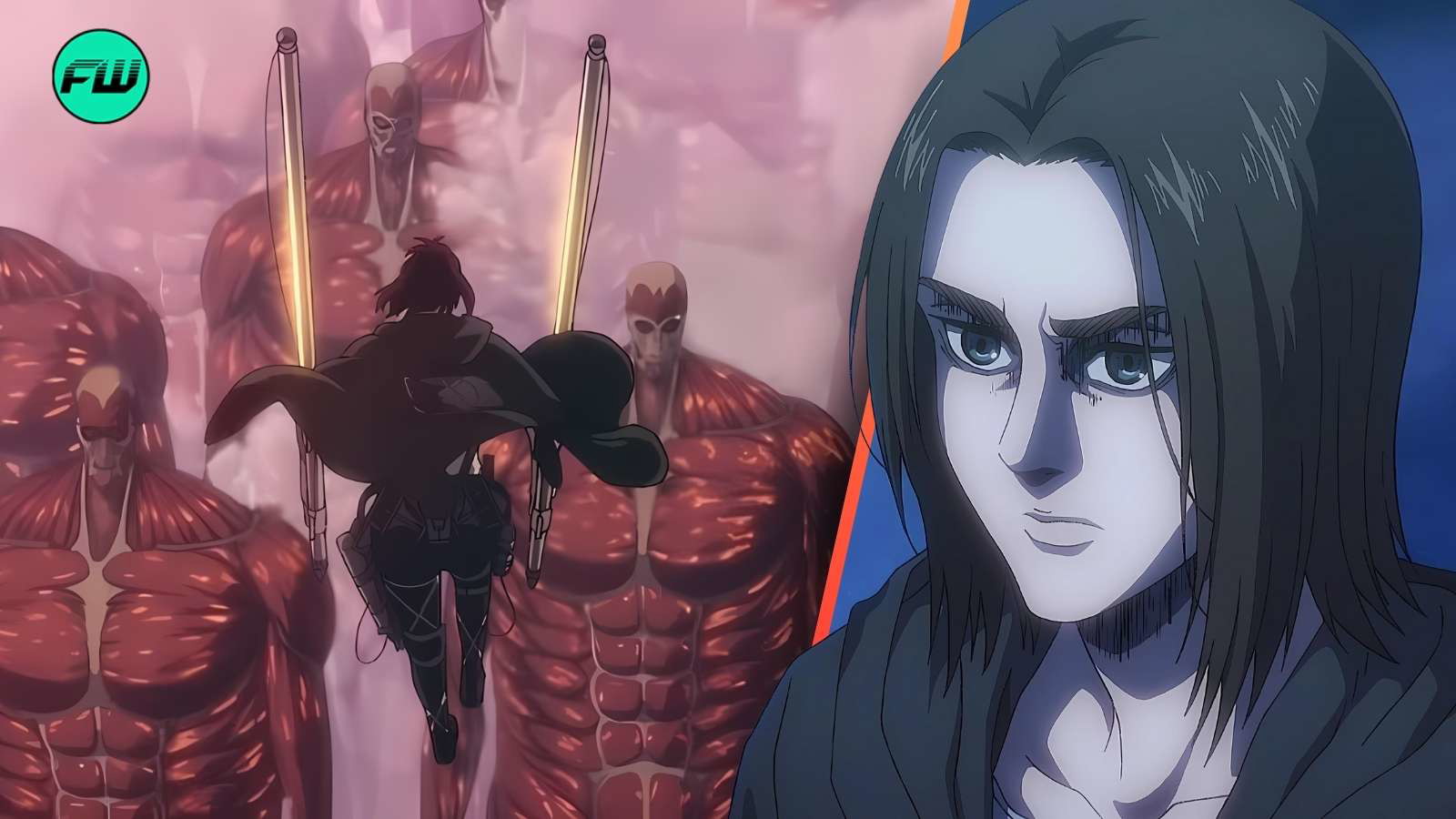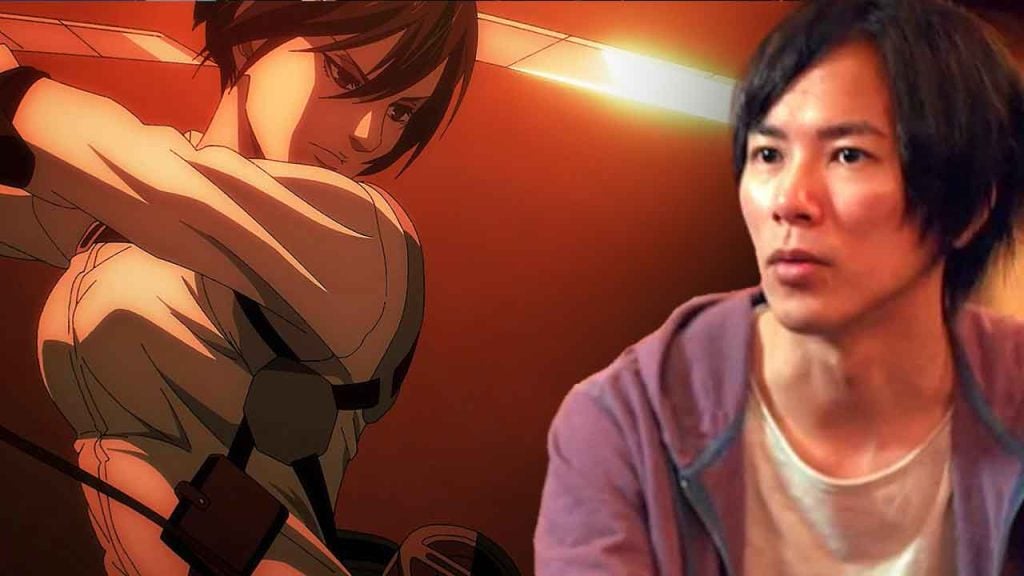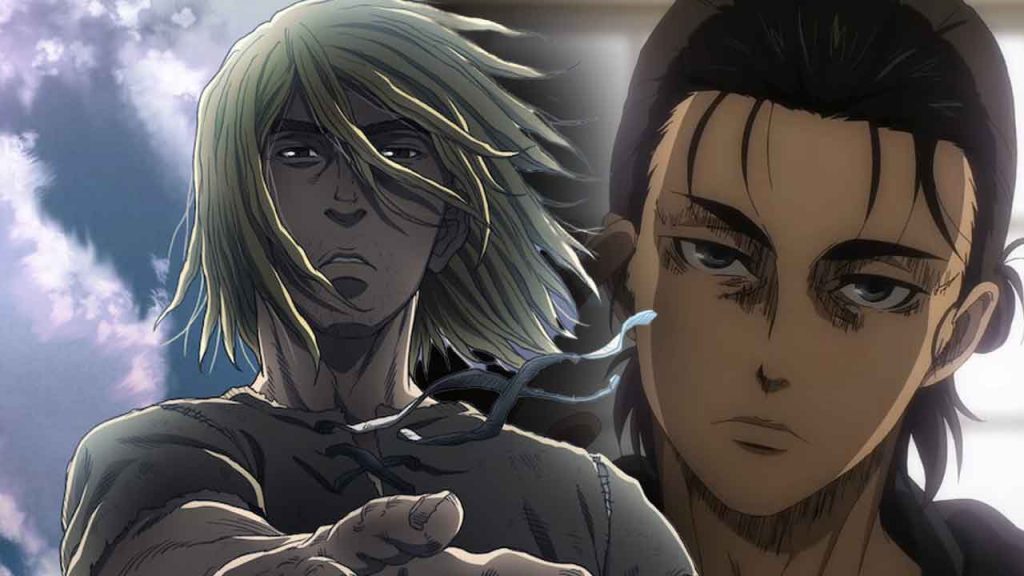Eren Yeager’s venture is one hell of a ride in the world of Attack on Titan. There are few characters in the anime universe who evoke as much debate and introspection as him. Formerly seen as a typical Shonen protagonist, his journey took a dark, morally dubious turn that left people questioning the very nature of heroism and villainy. However, fans might not know that crafting Eren’s persona wasn’t always set in stone by Hajime Isayama.
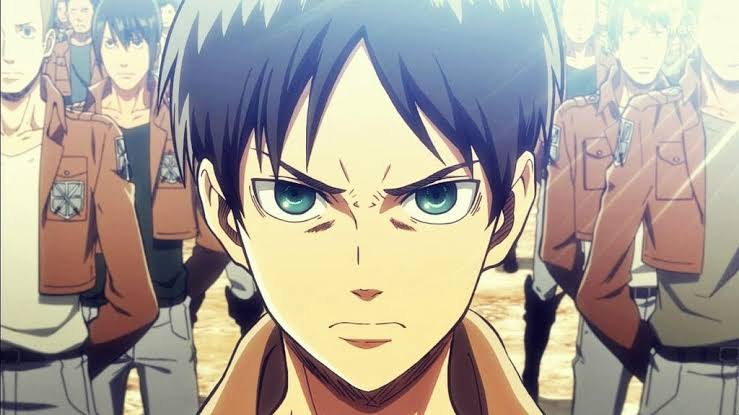
Although Isayama had a vision of how the story would end, he had consistently developed his storytelling and transformed his narrative choices in different ways throughout the journey of the creative process. Similarly, Isayama has openly credited Eren’s voice actor Yuki Kaji for influencing the portrayal of Eren, steering him away from a direction that would entirely change the story from what it is now.
The Narrative Decision Behind Eren’s Persona in Attack on Titan
The creator of Attack on Titan, Hajime Isayama is well aware of the controversies that revolve around the ending of the series. Despite being one of the best-selling manga of all time, he accepts the series has its own shortcomings. Thus, prior to the highly anticipated Anime NYC convention, Isayama issued a statement through the official Instagram page of Kodansha,
I am aware that the ending of Attack on Titan was quite controversial. I am open to receiving people’s honest opinions. However, I would appreciate it if you’d be kind to me.
During the convention, Isayama thanked the fans of the series for their consistent support as well as shared about his anxious journey throughout the creative process. From the outset, he had his own envisioned ending of Attack on Titan. However, the journey to that end, particularly Eren’s path, was less rigidly defined. As he stated,
This is what I wanted to do. From the very beginning, I knew where this series would land but details like how the main character would get there weren’t determined.
Isayama originally pictured Eren as a more traditional antagonist — someone whose spiral into villainy would serve as the main motivation for the story. However, Yuki Kaji’s portrayal of Eren introduced a layer of humanity and vulnerability that Isayama had not fully anticipated.
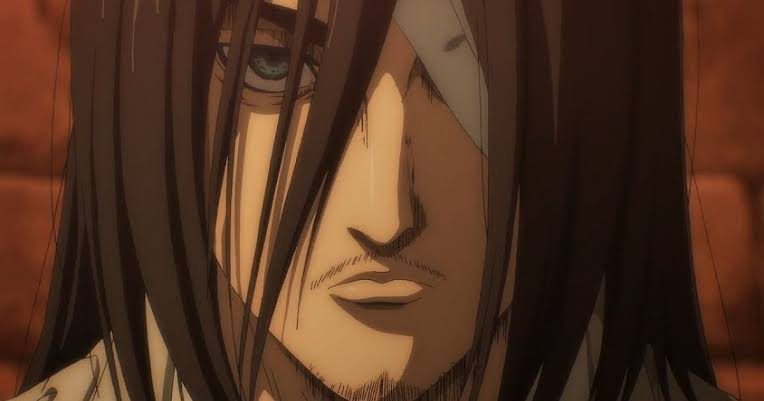
This portrayal made Isayama reassess Eren’s character development. Instead of a simple spiral toward villainy, Eren’s journey took on a morally complex character, with several viewpoints on each choice he made. Eren had evolved from being merely an antagonist to a tragic hero whose horrible acts were driven by desperation and strong convictions.
Isayama saw that Kaji’s version connected with viewers more, giving Eren an accessible and reasonable voice, even if not fully justifiable. Thus, he needed to steer the direction of the story to make Eren’s transformation convincing to readers.
Hajime Isayama’s Struggle with Eren’s Portrayal
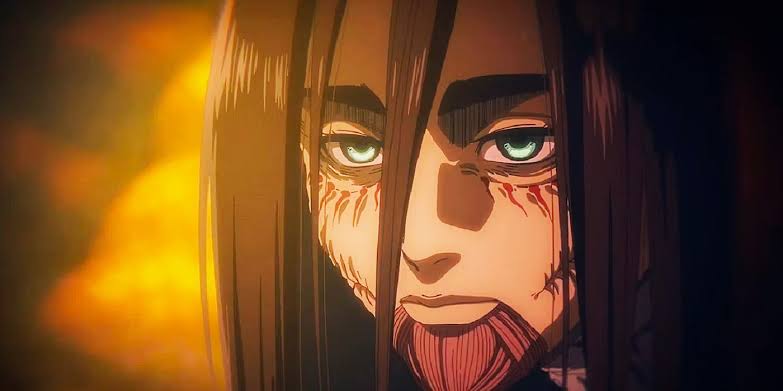
Despite the success of Eren’s character development, Hajime Isayama has acknowledged that he still has concerns about whether or not he carried out the transition correctly. He needed to depict Eren as a character who could commit terrible acts, but also as a character readers could sympathize with. Admitting the difficulty of balancing Eren’s dual nature, he remarked,
I still have my doubts within myself if I did it right. I still struggle with this point and I’m really sorry about it.
Isayama’s personal conflict is a reflection of Attack on Titan’s central concepts, which include the cyclical nature of violence, the cost of freedom, and moral ambiguity. And perhaps without Yuki Kaji’s influence, this intricacy of Eren’s psyche would have been less impactful, or even nonexistent.
Eren becomes an even more complex character because of Hajime Isayama’s regrets and uncertainty, as it challenges fans to consider their own ideas of what is right and wrong. In the end, the venture of Attack on Titan is an example of how the creative efforts put in by each individual in the production team can change the trajectory as well as turn the story into a masterpiece.
You can watch Attack on Titan on Crunchyroll as of 17th August 2024.

